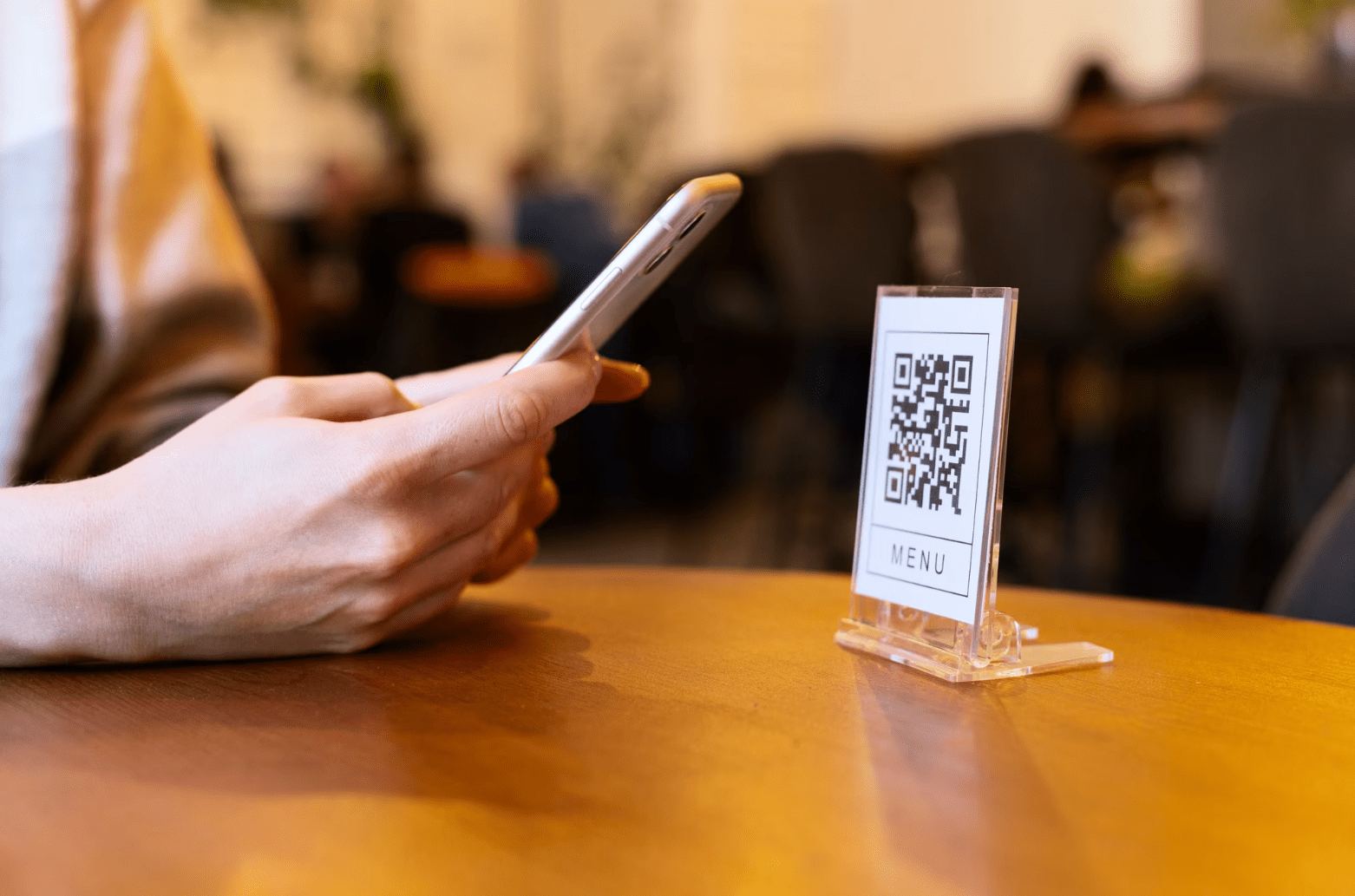
Why QR Payments Are a Smart Move for Small Businesses in Malaysia
Small businesses in Malaysia are constantly looking for ways to stay competitive, improve cash flow, and meet evolving customer expectations. One of the biggest shifts in recent years has been the rise of QR Payments as a preferred way to pay. Whether you run a café, retail shop, or service-based business, adopting this payment method can bring real advantages to your daily operations.
In this article, we’ll explore why this trend matters, the benefits it offers, and how you can get started without major costs or complications.
Understanding the Shift Towards QR Payments
Over the past decade, Malaysia has seen a steady push towards a cashless society. Driven by Bank Negara Malaysia’s initiatives and the rapid adoption of mobile banking, contactless payments have become mainstream. Consumers now expect seamless, fast, and secure payment options, and QR Payments fit perfectly into this landscape.
Unlike traditional methods that rely on expensive hardware, a QR code can be generated easily and displayed on a counter, menu, or even a delivery bag. Customers simply scan the code using their preferred e-wallet or banking app, enter the amount, and complete the transaction in seconds.
For small businesses, this simplicity is game-changing. It removes the need to invest heavily in hardware like a payment terminal while opening up access to a wider customer base who prefer digital payment methods.

Key Benefits for Small Businesses in Malaysia
Adopting QR Payments is more than just following a trend. It offers several practical advantages that can help SMEs run more efficiently and serve customers better:
1. Lower Costs
Traditional card payment systems often involve rental fees, transaction charges, and maintenance costs. With QR solutions, setup fees are usually minimal, and many providers offer affordable transaction rates with no recurring monthly charges.
2. Easy Setup and Minimal Training
Most providers allow businesses to start accepting payments within days. Staff training is straightforward since the process involves scanning and verifying payments through a mobile device.
3. Faster Checkout
In busy environments like cafés or retail outlets, speed matters. QR transactions are completed quickly, reducing queues and improving the overall customer experience.
4. Increased Digital Presence
Accepting QR Payments helps businesses join Malaysia’s growing digital economy. It allows them to appear in e-wallet directories and participate in local promotions, increasing visibility among nearby consumers.
5. Better Financial Tracking
All transactions are recorded automatically, making it easier to reconcile accounts and monitor cash flow. This is particularly valuable for micro SMEs with limited accounting resources.
Practical Tips for Implementing QR Payments
Making the shift is relatively simple, but a structured approach ensures smoother adoption. Here are some practical steps for small business owners in Malaysia:
- Choose a trusted provider: Look for providers approved by Bank Negara Malaysia to ensure security and compliance.
- Register and verify: Most platforms require basic business information and bank details for payouts.
- Display the QR code strategically: Place it at the counter, on tables, menus, or near the entrance for maximum visibility.
- Train your staff: Teach team members how to verify payments and troubleshoot common issues.
- Promote to customers: Let customers know you now accept QR-based payments through in-store signage or social media.
For businesses that already use a payment terminal, integrating QR acceptance can complement existing systems rather than replace them entirely. This hybrid approach gives customers more choice at checkout.

Addressing Common Concerns and Misconceptions
Some SME owners in Malaysia hesitate to adopt QR Payments due to misconceptions. Let’s clear up a few:
- “It’s not secure.”
Most QR payment systems use bank-level encryption, making them as secure as card transactions. Funds are transferred directly between the customer’s e-wallet or bank and the business account. - “It’s complicated to set up.”
In reality, the process is often simpler than installing a traditional card reader. Many providers offer onboarding support in Malay, English, and Chinese. - “Customers won’t use it.”
E-wallet usage has grown rapidly in Malaysia, especially among younger consumers. QR payment acceptance can attract this increasingly cashless demographic.
By addressing these concerns early, small businesses can make informed decisions and avoid missing out on opportunities.
Local Support and Incentives
The Malaysian government and local financial institutions have introduced several initiatives to encourage cashless adoption among SMEs. Some banks offer fee waivers for the first few months, while e-wallet providers often run merchant cashback campaigns to drive usage.
In addition, Bank Negara Malaysia’s DuitNow QR standard allows businesses to accept payments from multiple banks and e-wallets using a single QR code. This interoperability removes the need to display multiple codes and simplifies the experience for both merchants and customers.
Taking advantage of these incentives can reduce costs and accelerate adoption, making the transition smoother for small businesses.

FAQ: QR Payments for Small Businesses
Q1: What are QR Payments and how do they work?
QR Payments involve displaying a QR code that customers can scan using their banking or e-wallet app. Once scanned, they can make payments instantly without needing cash or cards.
Q2: Do I need a special device to accept QR Payments?
No. You can use your smartphone or tablet to generate and monitor QR codes. A payment terminal is optional and usually not required.
Q3: Are QR Payments secure for both customers and businesses?
Yes. They use encrypted transactions and follow Bank Negara Malaysia’s security standards, ensuring safe transfers.
Q4: How long does it take to receive funds from QR transactions?
Most providers offer near real-time settlements or next-day payouts to your linked bank account.
Q5: Can QR Payments help my business attract more customers?
Yes. Many Malaysians prefer digital payments for convenience, and accepting QR transactions can position your business as modern and customer-friendly.
Final Thoughts
Embracing QR Payments is a strategic move for small businesses in Malaysia. It’s affordable, easy to set up, and aligns perfectly with the nation’s cashless direction. By adopting this payment method, SMEs can enhance customer experience, streamline operations, and tap into new segments of digital-savvy consumers.
If you’re ready to future-proof your business, explore reliable solutions at https://www.paidchain.my.
